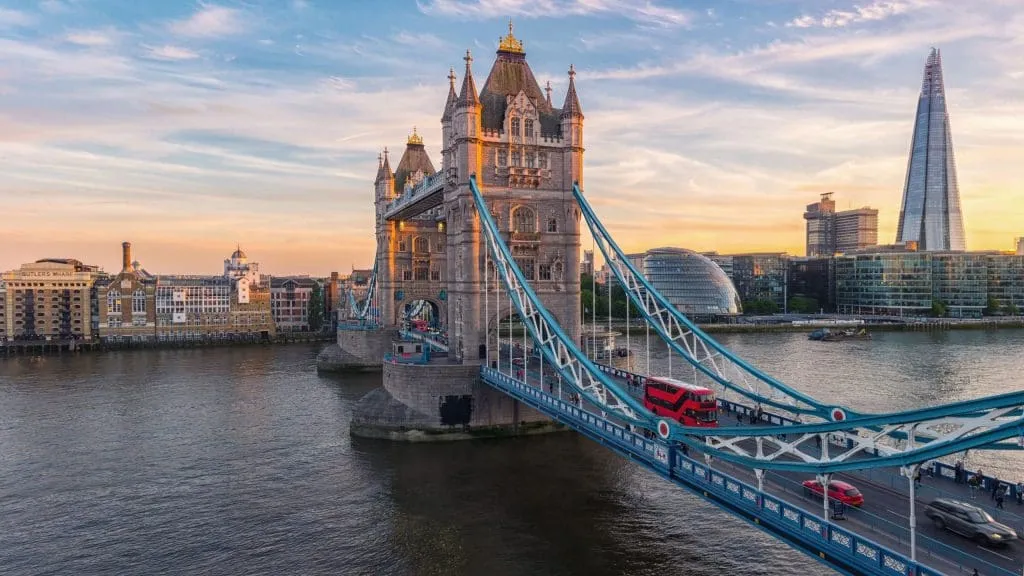How to prove British citizenship without a passport?
There are alternative ways to prove British Citizenship for UK citizens, however a valid British passport is always the best way to do this.
For more information about citizenship processing queries, or to have any questions or concerns you might have answered by a legal professional, reach out to us today on 0333 4149244, or contact us online.
Read our 1001 reviews
Proving British citizenship
To prove British citizenship, individuals will need to provide:
- A British passport which details you are a British citizen.
However, when an individual does not have a valid passport, there are other ways to prove they are a British citizen. They will need to show or be able to prove one of the following:
- A birth certificate if the individual was born prior to 1st of January 1983;
- If an individual was born after this date they are required to prove their parents had right of abode at the time of your birth or they were UK citizens;
- If an individual was born overseas, they will have to prove their parents were British and eligible to pass on their citizenship to them;
- Their long form birth certificate;
- Certificate of Naturalisation;
- British citizenship ceremony registration certificate.

Regardless of the form it comes in, your identity documents should always remain valid and up to date, for the duration of your stay in the UK but as a general rule of thumb.
It must be noted that the above cannot be used as travel documents, as you will be denied entry into the UK if you try to use these documents instead of a valid passport. Having a passport is the most secure and legal way of entering the UK.
Becoming a British citizen
British Citizenship grants you permanent residency in Britain without imposed immigration restrictions. It’s necessary that you obtain British citizenship to obtain the UK passport.
All Britain’s residents have the right to reside within the United Kingdom. Several Commonwealth residents also have a right of residence. Usually your UK passport will show your British citizenship or your right of residence.
Alternative identity documents
- A valid British passport, or a UK passport that includes the Channel Islands, Isle of Man or Ireland;
- EU or other nationalities passport;
- Passports of non-EU nationals, containing UK stamps, a visa or a UK residence permit showing the immigration status of the holder in the UK;
- A current UK or European photo-card driving licence;
- A national ID card and/or other valid documentation relating to immigration status and permission of work;
- UK full or provisional photo-card driving licence.
The documents required for British citizenship
The documents required to apply to be a British citizen are as follows:
- Proof of identity such as a valid passport, driving licence, birth certificate, Home Office travel document;
- Biometric residence permit (BRP);
- A passed Life in the UK test certificate;
- Proof of B1 level in English speaking, writing, listening and reading if applicable;
- Proof of lawful residence in the UK during your visa duration or qualifying period;
- Detailed explanation of any period of absence in the UK during your qualifying or visa duration;
- Proof that you currently hold Indefinite Leave to Remain status.
British Overseas Territories Citizen (BOTC)
If your British passport says anything other than GBR, you are either:
- A British Overseas Territories Citizen (BOTC) meaning you will be required to register for UK citizenship;
- A British national who will most likely not be eligible for citizenship.
Tell me the difference between indefinite leave to remain and British citizenship?
Indefinite Leave for Remain or ILR is a route to permanent residency or settled status. This gives you a permanent residence in Britain, letting you reside and work within the UK without limitations.
Usually, you can apply for Indefinite leave to remain after you’ve remained a legal resident of the United Kingdom.
ILR status is suspended after you spend more than 180 consecutive days abroad in a 12-month period during your UK residency.
You are allowed to work in Britain, to live here in Britain and enter and leave without limitations.
British Citizenship can be obtained by a foreign national after they have settled in the UK and applied for citizenship.
The status of British citizen is also automatically given to children born in the UK to a British parent. This is called citizenship by birth.
A citizen of the UK will receive a British passport which enables the freedom to travel exempt of immigration limitations, the right to live, work, and study in the country, access to healthcare and public funds, the right to vote, and so on.
Check if you’re already a British citizen
You can check whether you are British by registering with a government website, checking whether you were born in the UK to British citizens, or checking your passport.
You may be eligible to British citizenship by decent.

How long does the British citizenship application process take?
Because each individual application is different, it is difficult to determine an exact time frame in which British Citizenship applications can be handled.
The Home Office state the application process will take six months from receiving the application.
It applies in all cases to British citizenship, including citizenship by birth, British citizenship from descendance and British citizenship by double descendance from a grandparent.
When you have a complicated application, the processing time will be considerably longer because the Home Office will have to correspond with you to get the correct documents or ask you to disclose more information than you have provided.
This can be avoided, as it can lengthen your waiting time and potentially be detrimental to your final decision. IAS can assist you with all citizenship applications and ensuring you have the best case possible.
How do I apply for British citizenship?
When applying for citizenship in Britain you must first make sure your eligibility meets the requirements of the journey you desire to take.
Getting British citizenship requires the preparation of evidence portfolios. Once a portfolio of proof has been submitted you can then begin completing the application.
Applicants can submit their portfolio along with identity documents, proof of finances, proof of accommodation, immigration history, etc. to UKVI and await deliberation.

Is an expired passport proof of citizenship UK
If an expired passport shows proof of your identity, nationality and place of residence then it can be used to prove who you are and your citizenship. It must not under any circumstances be used as a travel document if it is out of date.
Is a birth certificate proof of citizenship UK?
British national identification documents are mainly passports and drivers’ licences, however to prove citizenship a birth certificate can be used as long as the individual has not renounced their British citizenship.
Can British citizen enter UK without passport?
For entry into the UK, everyone needs a valid passport. This passport must remain valid for the duration of your stay if you are visiting form overseas.
Even British citizens may be denied entry back into the UK without a passport.

How can IAS help you?
Our professional lawyers are well versed with the complications and processes of applying for citizenship, regardless of which country you are applying to.
The team has a wealth of experience in helping families reunite, assisting individuals naturalise in their dream country, and providing the gateway for success in their overseas transfers.
Whether you need advice with ILR, citizenships, confused about yours or your child’s citizenship, or even legal advice for judicial review, our immigration lawyers can help.
When it comes to immigration, having a secure and watertight knowledge of where you stand and your status is essential, especially when it comes to UK immigration.
To safeguard your immigration status, get in contact with one of our friendly team today on 0333 4149244, or contact us online.
Table of Contents
Table of Contents will appear here.Table of Contents
Table of Contents will appear here.Legal Disclaimer
The information provided is for general informational purposes only and does not constitute legal advice. While we make every effort to ensure accuracy, the law may change, and the information may not reflect the most current legal developments. No warranty is given regarding the accuracy or completeness of the information, and we do not accept liability in such cases. We recommend consulting with a qualified lawyer at Immigration Advice Service before making any decisions based on the content provided.















